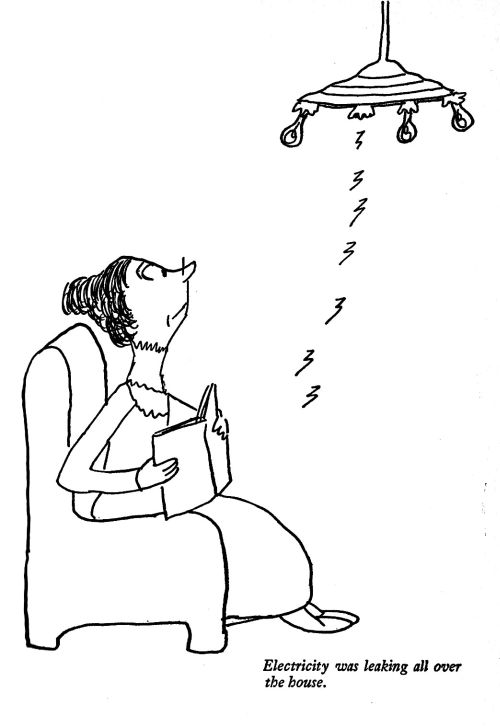A lot of people seem puzzled by Elon Musk. Nobody paid a lot of attention to him while he was creating the quintessential electric car, boring tunnels through solid rock, or, most significantly, leaving NASA and all the private space-launch companies in his dust by landing boosters and using them multiple times.
I’m pretty sure he was once the world’s richest man. I’m also pretty sure he got tired of that honor in a couple of days. Then he bought Twitter for 44 billion (!?!??!?) and began cleaning house. Nobody said much when he tossed out all the accounts trading illegal child images. Then he began dismantling the censorship machinery that by sheer coincidence (/sarc off) had silenced only conservative voices.
OMG! Twitter is now a hellscape where people can actually disagree with me! DIsagreeing with me is physical assault! Disagreeing with me is genocide! Disagreeing with me violates one or more physical laws!
Oh, the screaming and yelling and running around in circles! Oh, the stampede to the Mastodon social network, which didn’t want them and blocked a lot of them by the serverful. Oh, the fail of all the other supposed Twitter-killers like Meta Threads, which everyone on Instagram tried (the site had basically pre-registered them) and then mostly abandoned.
Oh, the horror of our precious blue checkmarks going for $8 a month to grubby nonentities like Jeff Duntemann who don’t have an Ivy degree!
Then Elon challenged Mark Zuckerberg to a fistfight in Rome. After some taunting by Musk, Zuck agreed. When the fight will happen (assuming it happens at all, which I doubt) is unclear. What is clear is that Musk was poking Zuck with a social media stick. I don’t approve of such things, but if pressed I will admit that Zuck needed a takedown or three. After all, he either doesn’t know that people have two legs or he doesn’t know how to render them in VR goggles.
Ah—and not very long ago, our man Elon changed the name of Twitter to…X. Yeah, X. I thought it was a hoax too. But it’s not. Rumor has it that he now has a team of people rewriting X from the ground up. He may manage it, but…don’t wait up. (Think 2025.)
So…what in the living hell is Elon Musk up to?
C’mon, people! Talk about obvious: He’s having FUN!
Look at it from his perspective: He’s got (according to Forbes today) 233 billion dollars. He’s 52. He’s single. What should he do, just sit around and grow old being cussed out by half the country and much of the world? Hell, no! He’s gonna have a good time! Part of that good time is performing technological miracles like SpaceX and Starlink. I think he wants to make NASA look bad. Boy, is he acing that or what? (Yeah, yeah, ok, low bar, I know, put a sock in it.) I love to watch the videos of his boosters coming back down to Earth and landing on their tails, (like God, Robert Heinlein, and Destination Moon intended) ready to go through the big boosterwash and prepare for the next launch.
Creating brand-new wonderful things can be huge work, but it’s even huger fun. I didn’t have 233 billion dollars, so I started a publishing company. It was huge work, and wonderful fun. So I have at least a little bit of understanding of why he’s acting the way he is.
Just today I learned that he has been teergrubing (i.e., slowing down) links to major social media sites and the New York Times. All the usual screamers screamed, so a few hours later he turned the teergruber off. “Sorry, guys, just kidding!”
He is having one hell of a good time. He is also reminding his critics that he is a force and will continue to be a force, and that he can take all the the taunting and ridicule they can throw at him and giggle before giving back as good as he gets.
I don’t completely agree with him. (Or anyone else.) But having given it a great deal of thought, I’m now pretty sure that I understand him. And I have enjoyed the show beyond all expectations.
Pull up a chair. The best (and most entertaining) is yet to come.
Note well: This is a rant. (You do know what a rant is, right?) I do three or four rants a year. They are a species of entertainment. It’s kind of like doing standup sitting down. Take it in the spirit it was offered. Being offended just makes you look bad.














